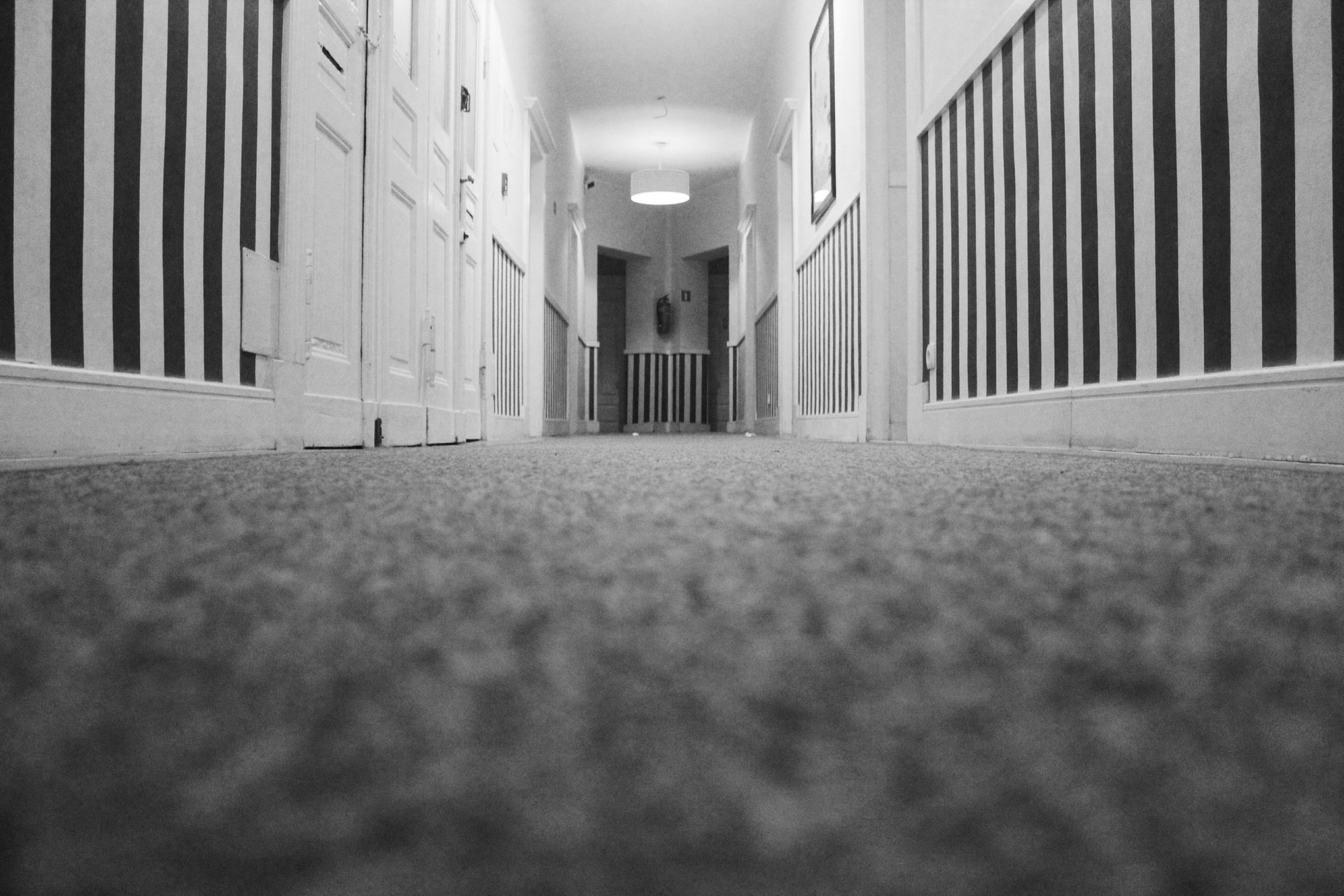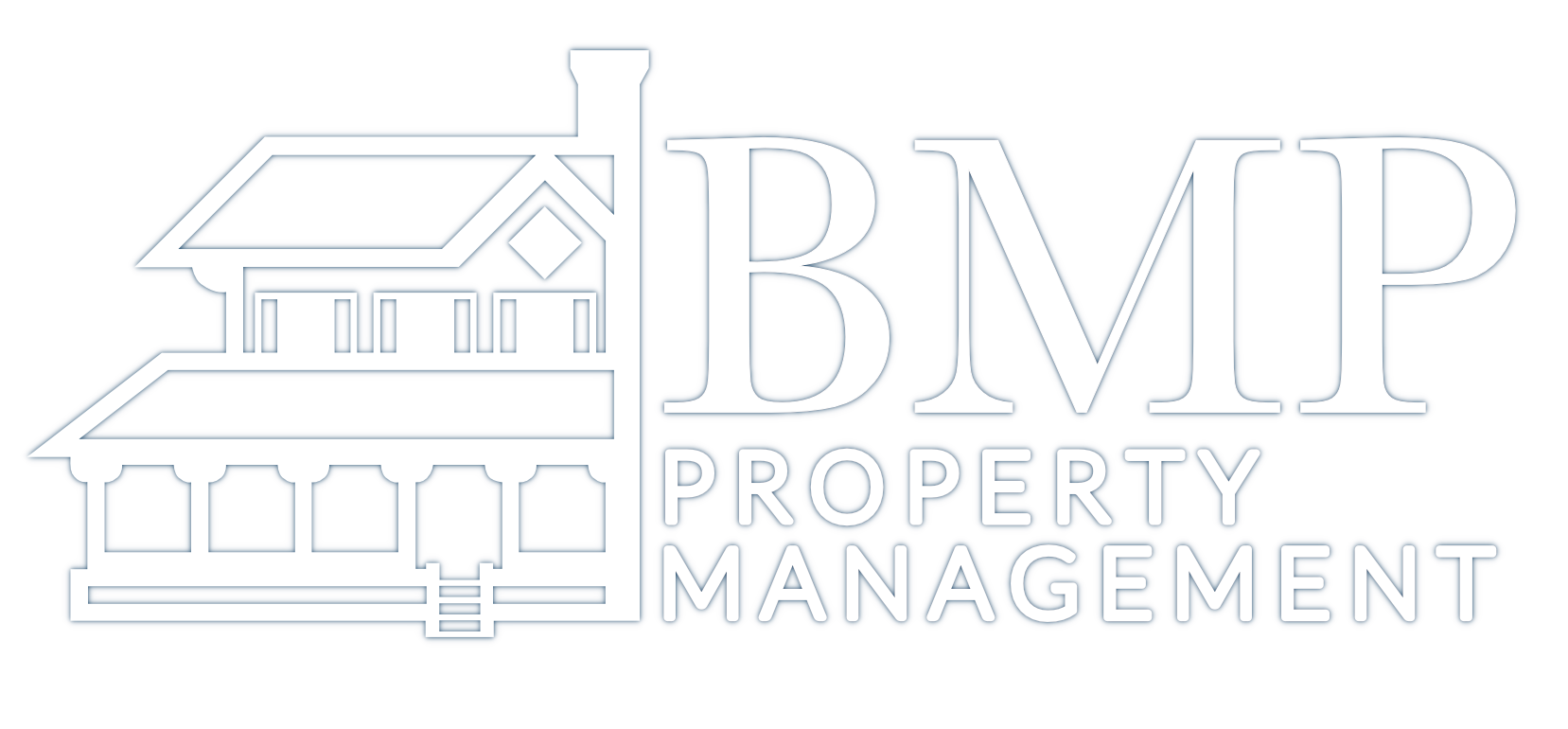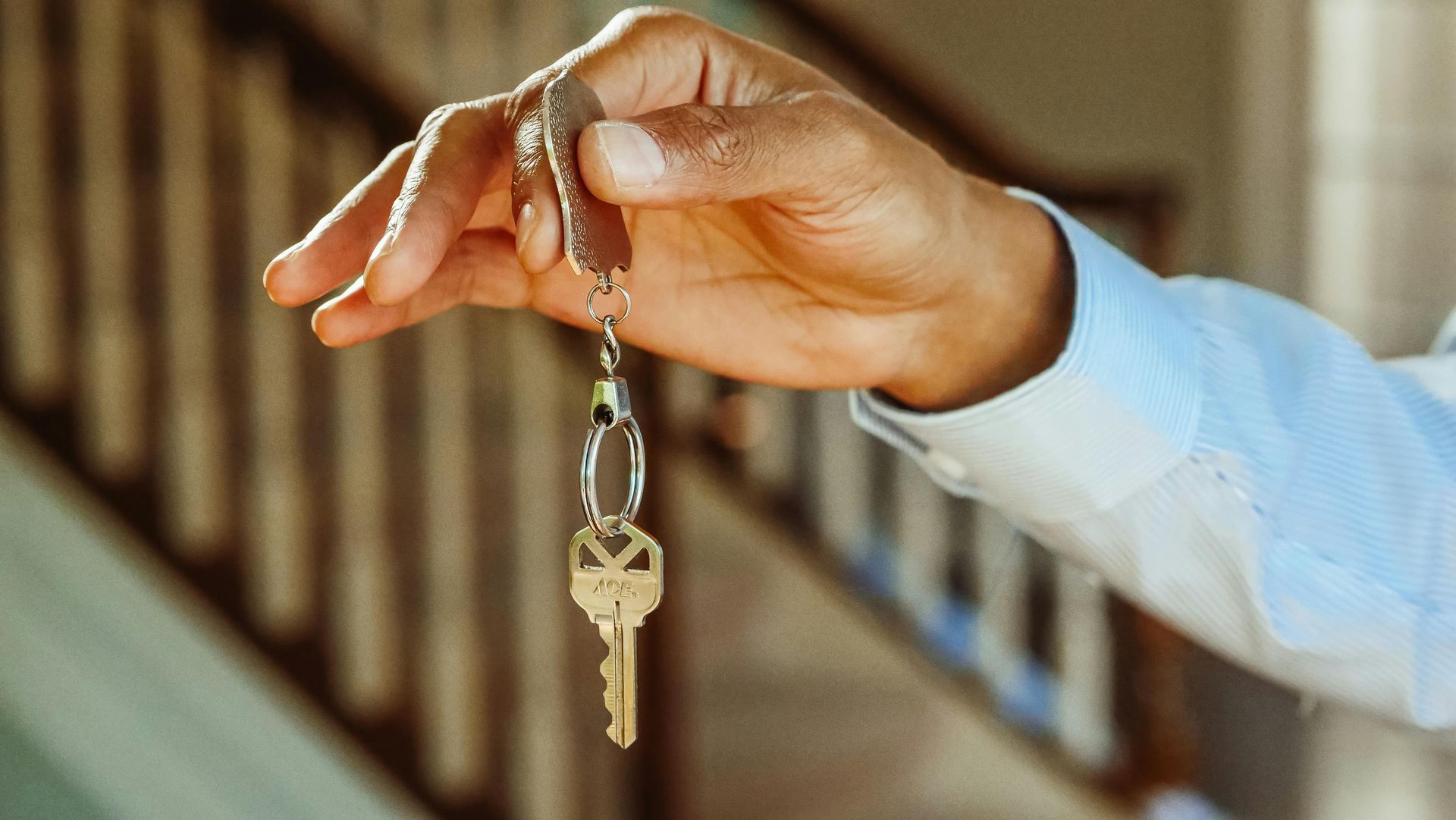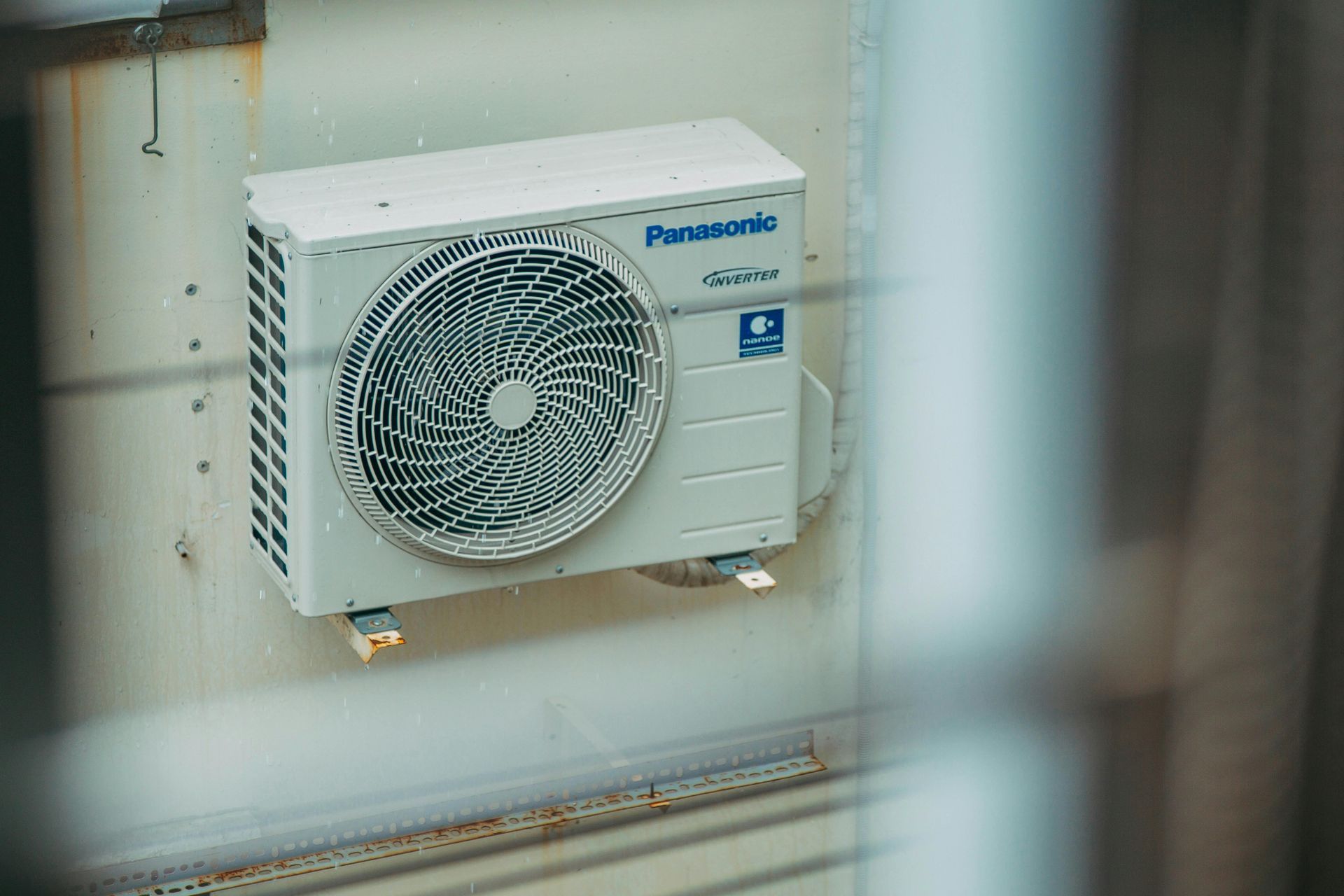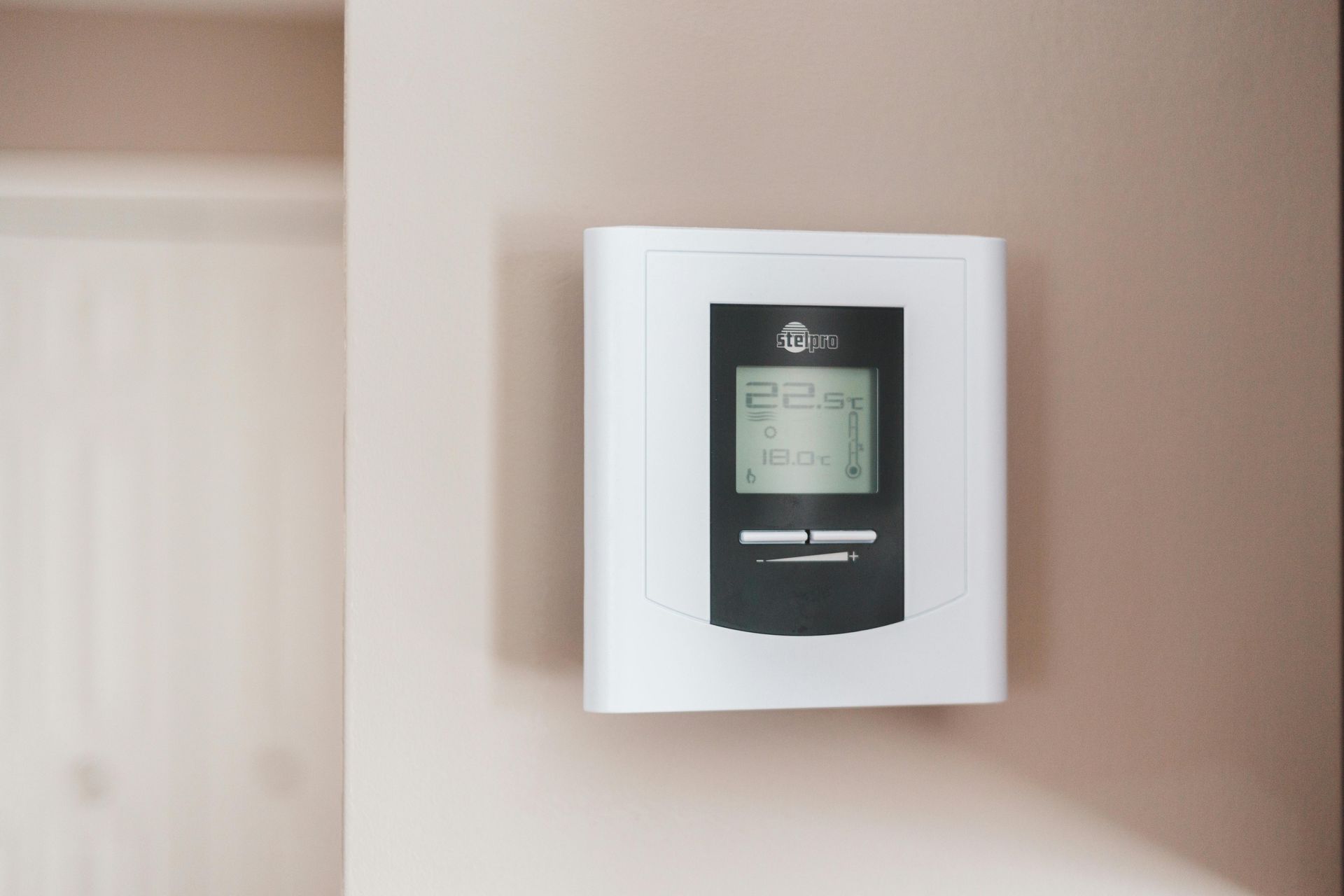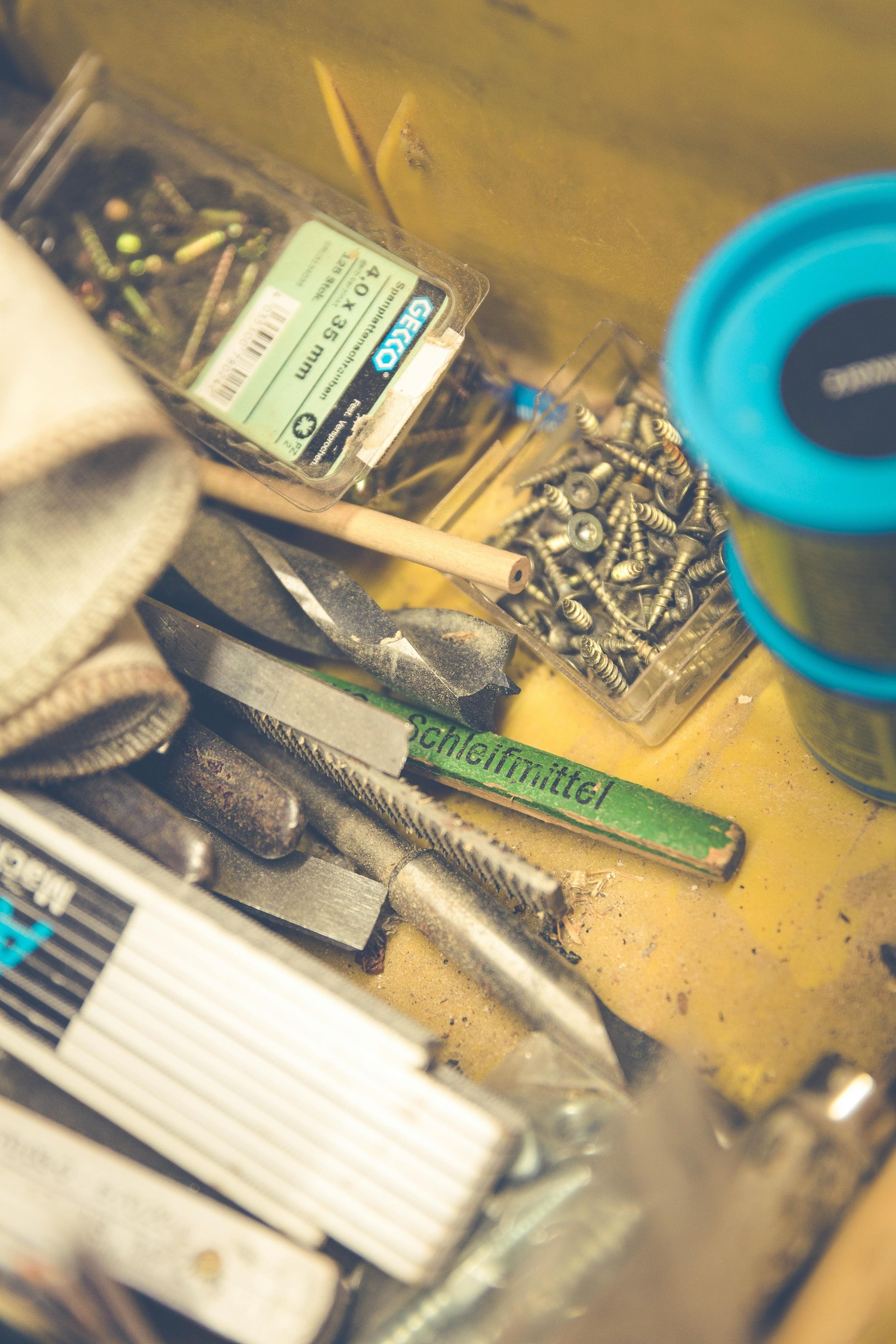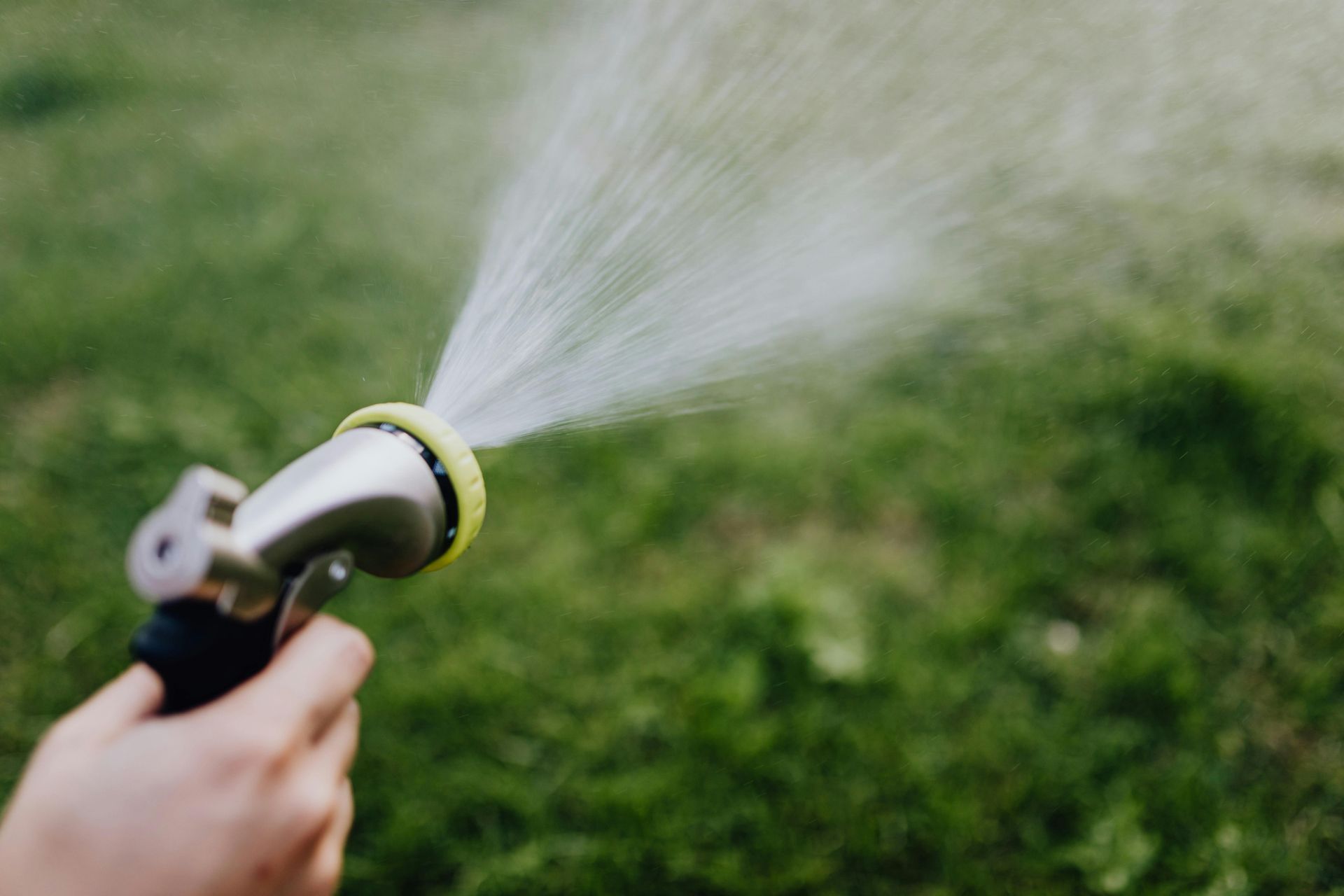How to Avoid Frozen Pipes During Winter: Tenant Edition
Tenant Tips to Prevent Frozen Pipes

Winter’s subzero temperatures can cause pipes to freeze and burst, leading to costly repairs and water damage. As a tenant, there are simple steps you can take to prevent this chilly disaster and protect your home.
Why Frozen Pipes Are a Problem
When water inside pipes freezes, it expands, increasing pressure and potentially causing the pipe to crack or burst. This can lead to flooding, water damage, and expensive repairs—all of which could be avoided with a little preparation.
Tenant Tips to Prevent Frozen Pipes
- Keep the Heat On: Maintain your thermostat at no lower than 55°F, even when you're away. Consistent heat helps prevent freezing in pipes near exterior walls.
- Open Cabinet Doors: Leave cabinet doors under sinks open to allow warm air to circulate around plumbing in kitchens and bathrooms.
- Let Faucets Drip: During extreme cold, let water trickle from faucets connected to vulnerable pipes. This keeps water moving, reducing the risk of freezing.
- Seal Drafts: Close gaps around windows, doors, and plumbing openings with weather stripping or caulk to prevent cold air from reaching pipes.
- Disconnect Hoses: Detach outdoor garden hoses and shut off water to exterior spigots. This prevents water in the hose and spigot from freezing and expanding into the connected pipes.
- Insulate Pipes: Use pipe insulation or foam covers on exposed pipes, especially those in unheated areas like basements or crawl spaces.
- Know the Shut-Off Valve: Familiarize yourself with the main water shut-off valve. In case of a burst pipe, you’ll need to act quickly to minimize damage.
What to Do If Pipes Freeze
- Keep Faucets Open: If a pipe freezes, leave the faucet on to release pressure as ice melts.
- Apply Heat: Use a hairdryer, heating pad, or warm towels to thaw the pipe. Never use an open flame or torch, as this is a fire hazard.
- Notify Your Landlord: If you suspect a frozen pipe, contact your property manager immediately for further assistance.
Why It Matters
Preventing frozen pipes not only saves you the hassle of dealing with repairs but can also protect you from being held responsible for damages caused by neglect. Some leases may include clauses holding tenants liable for preventable issues like frozen pipes, so taking these precautions is in your best interest.
A Warm Reminder
Your landlord or property manager wants to help you maintain a safe and comfortable home. If you have any concerns about the condition of your pipes or need supplies like pipe insulation, don’t hesitate to reach out. Together, we can keep your home safe and cozy all winter long!

